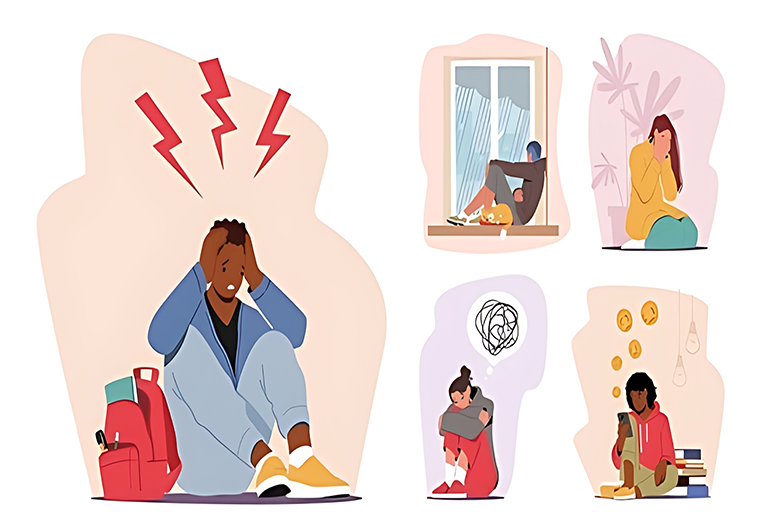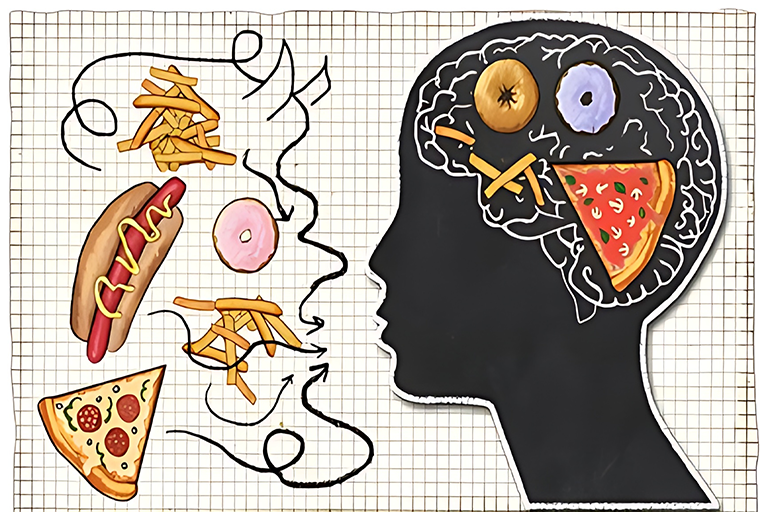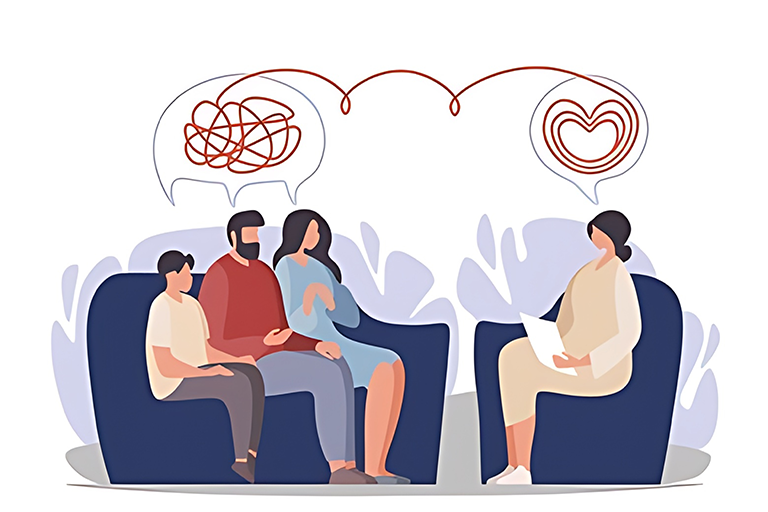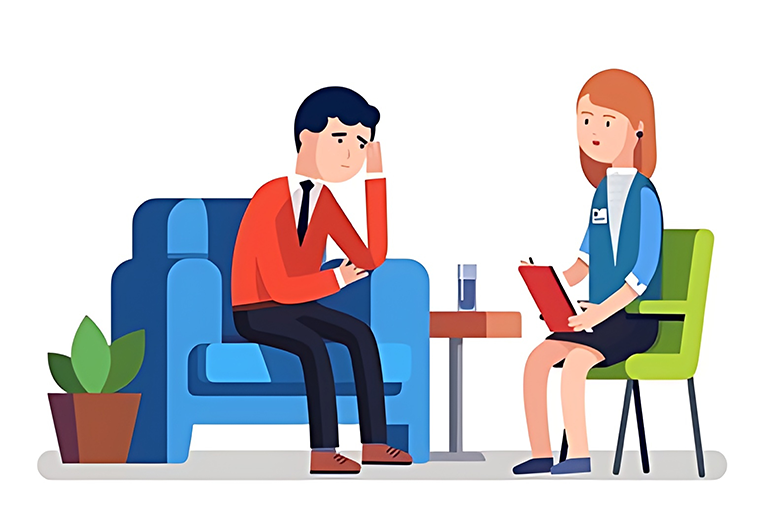Introduction
Depression and anxiety are two of the most prevalent mental health conditions worldwide, often occurring concurrently and amplifying each other’s effects. They can be overwhelming, leaving individuals feeling trapped in a cycle of despair and worry. However, there is hope. Effective coping strategies can help individuals manage and mitigate the impact of these conditions, allowing them to regain control of their lives. In this comprehensive guide, we will explore a variety of coping strategies that can be instrumental in the management of depression and anxiety.
Understanding Depression and Anxiety
Before delving into coping strategies, it’s crucial to understand these conditions better.
Depression is characterized by persistent feelings of sadness, hopelessness, and a lack of interest or pleasure in activities that were once enjoyable. Physical symptoms such as changes in appetite, sleep disturbances, and low energy levels often accompany depression.
Anxiety, on the other hand, revolves around excessive worry, fear, and apprehension. It can manifest in various forms, including generalized anxiety disorder, social anxiety disorder, and specific phobias. Physical symptoms such as sweating, trembling, and rapid heartbeat are common during anxiety episodes.
It’s important to note that depression and anxiety often coexist. This co-occurrence, known as comorbidity, can complicate diagnosis and treatment, making it crucial to develop coping strategies that address both conditions simultaneously.
Coping Strategies for Depression and Anxiety
-
-
Professional Help: Therapy and Medication
Therapy: Psychotherapy, particularly cognitive-behavioral therapy (CBT) and dialectical-behavior therapy (DBT), has shown significant effectiveness in managing depression and anxiety. A trained therapist can help individuals identify and challenge negative thought patterns and develop healthier coping mechanisms.
Medication: In some cases, medication may be recommended, especially for individuals with severe symptoms. Antidepressants and anti-anxiety medications can be prescribed by a mental health professional. It’s essential to work closely with a healthcare provider to find the right medication and dosage. -
Exercise and Physical Activity
Regular physical activity has numerous benefits for mental health. Exercise releases endorphins, which are natural mood lifters. Aim for at least 30 minutes of moderate exercise most days of the week. Activities like walking, jogging, swimming, or yoga can be particularly helpful.
-
Diet and Nutrition
Proper nutrition plays a crucial role in mental health. A balanced diet rich in fruits, vegetables, lean proteins, and whole grains provides essential nutrients that support brain function. Limiting sugar and caffeine intake can also help reduce anxiety and mood swings.
-
Mindfulness and Meditation
Mindfulness practices, such as meditation and deep breathing exercises, can help individuals stay grounded and manage symptoms of anxiety and depression. These techniques promote relaxation, reduce stress, and improve emotional regulation.
-
Sleep Hygiene
Quality sleep is essential for mental health. Establish a consistent sleep schedule, create a comfortable sleep environment, and practice relaxation techniques before bedtime. Avoid screens and caffeine close to bedtime.
-

-
Social Support
Building and maintaining a strong support network is vital. Share your thoughts and feelings with trusted friends and family members. Isolation can exacerbate symptoms, so make an effort to stay connected.
-
Set Realistic Goals
Depression and anxiety can make even the simplest tasks seem daunting. Break your goals into smaller, manageable steps. Celebrate your achievements, no matter how small they may seem.
-
Limit Alcohol and Substance Use
Alcohol and drug use can worsen symptoms of depression and anxiety. They might provide temporary relief, but they often lead to a worsening of mental health in the long run. Seek help if you have substance use issues.
-
Journaling
Keeping a journal can help you express your thoughts and feelings. It provides a safe outlet for emotions and can help identify patterns and triggers for your depression and anxiety.
-
Time Management and Stress Reduction
Learn time management techniques to reduce stress. Prioritize tasks, delegate when possible, and say no when necessary. Stress reduction techniques such as progressive muscle relaxation or hobbies can also help.
-
Cultivate Gratitude
Practicing gratitude can shift your focus from negative thoughts to positive ones. Each day, write down three things you’re grateful for. Over time, this can improve your overall outlook on life.
-
Seeking Professional Help
If you’re struggling to manage your depression and anxiety on your own, or if your symptoms worsen, don’t hesitate to seek professional help. Mental health professionals are trained to provide guidance, support, and treatment tailored to your specific needs.
Conclusion
Managing depression and anxiety is an ongoing process that requires patience, self-compassion, and a combination of coping strategies. There’s no one-size-fits-all solution, as each individual’s experience with these conditions is unique. However, by incorporating a combination of professional help, lifestyle changes, and self-care practices, individuals can regain control of their lives and find hope on their journey toward improved mental health. Remember that seeking help is a sign of strength, and you don’t have to face depression and anxiety alone.
Learn more: Mental Health Awareness
& Know about Your Confidant
Shruti Dua, Mental Health Blogger, YOUR Confidant





